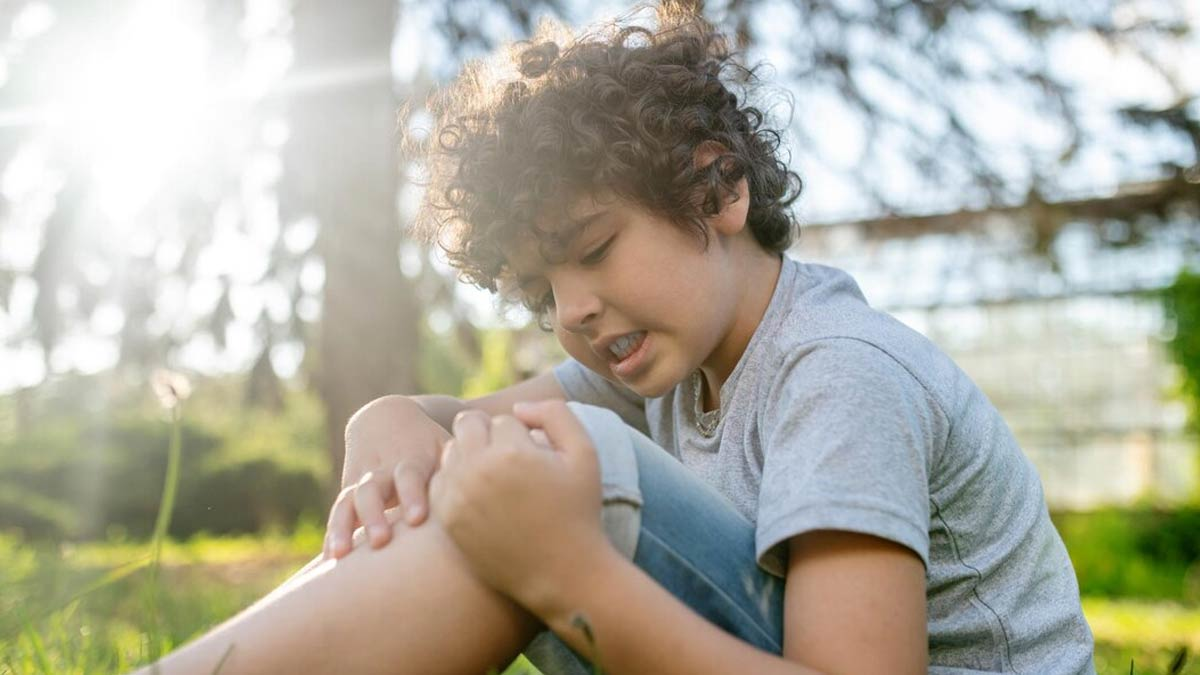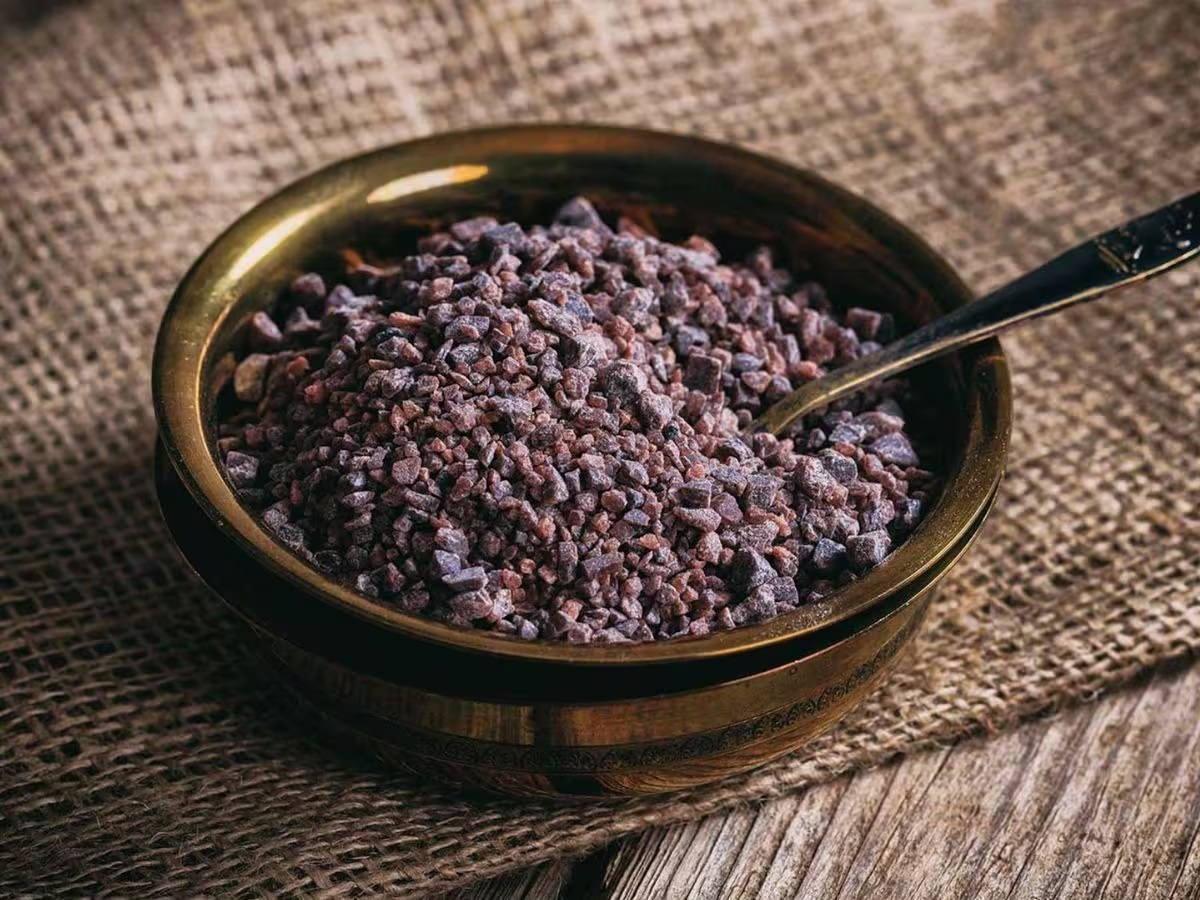If you also think that arthritis is a disease of elders, then remove this misconception from your mind, it is now being seen in children also. In such a situation, you should understand this disease in time and save your children's childhood from getting spoiled.

What is Juvenile Arthritis: Arthritis which we know colloquially as arthritis? In earlier times, this used to be a disease of the elderly but now it is being seen in children also. This is known as juvenile arthritis. Its cases are increasing rapidly across the world. This disease can spoil the childhood of your children. Let us know about this in detail from the experts. Dr. is giving information about this. Aashish Chaudhry, Managing Director | Senior Consultant & Head, Department of Orthopedics & Joint Replacement
What is Juvenile Arthritis?
Juvenile arthritis is an arthritis found in children due to which the problem of pain and swelling in joints is seen. This is an auto-immune disease. Experts say that this disease can develop in children aged 16 or younger. This is the most common condition of arthritis occurring at this age. The immune system plays a big role in this.
The immune system protects us from the attacks of external infections, but in some cases, it attacks our own tissue considering it as a germ, due to which this problem occurs. This is such a problem that many times parents are unable to understand and the disease keeps increasing.
Causes of Juvenile Arthritis?
Experts say that juvenile arthritis can also be caused by lifestyle, along with this, this disease can also be passed on from parents to children, that is, genetic reasons are also responsible. Experts say that those whose family has such a history must pay special attention to their children.
Symptoms of Juvenile Arthritis?
Stiffness in joints
- swelling and pain in joints
- stiffness in joints in the morning
- Tiredness
- Irritability
- Fever
- Weight loss
- Difficulty working
- Blurred vision
- Redness in eyes
How to prevent juvenile arthritis
- If there is a family history, get the child checked every few days.
- daily exercise
- healthy lifestyle
- balanced diet
Image Credit: Freepik










